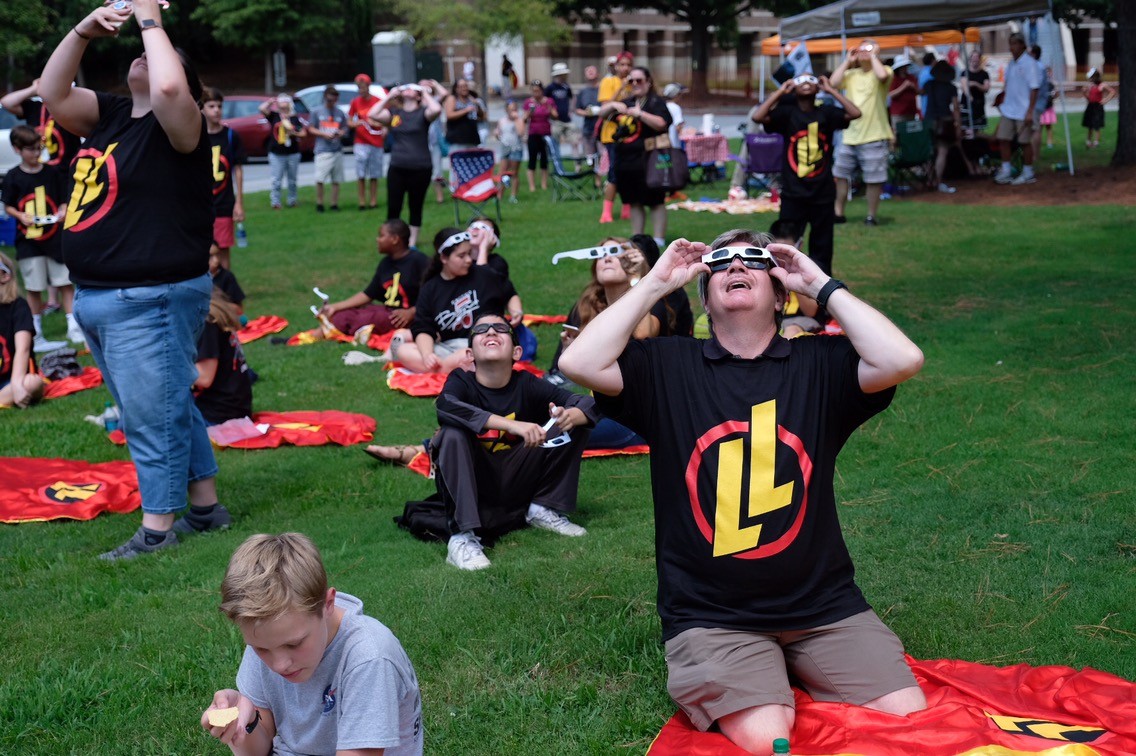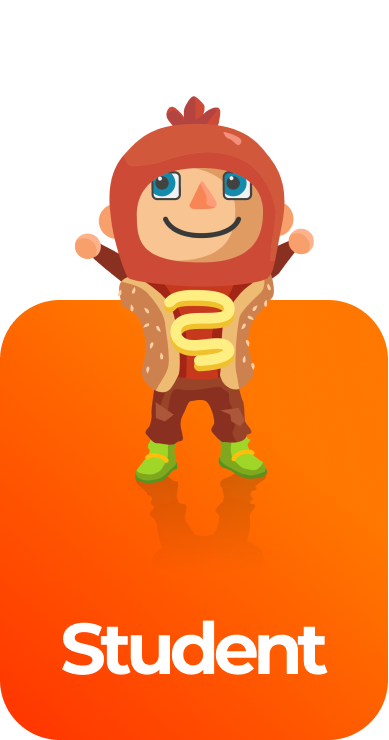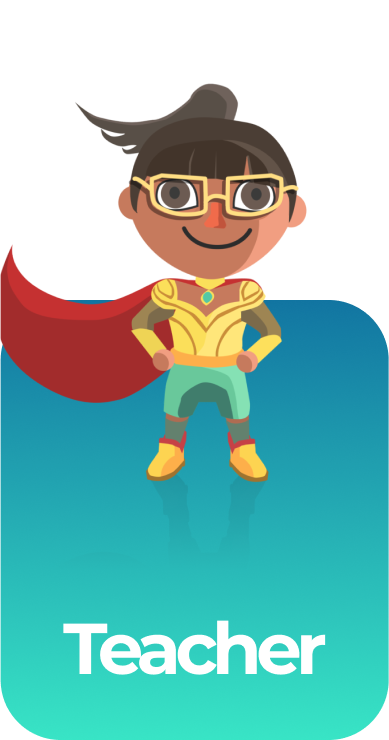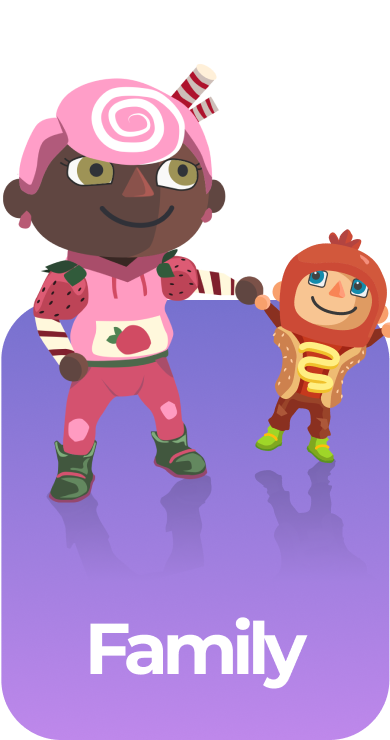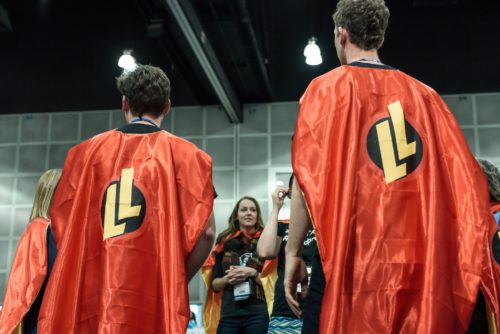We are happy to announce new upgrades and enhancements to our game-based learning platform with significant improvements for the new school year. New features like schedule ahead, student information system (SIS) integration and significant increases in analytic capability focus on ease of use for teachers, stronger performance data and analytics, and increased teacher playlist functionality.
When Legends of Learning launched this past spring, we committed to creating a platform that responds to educators needs. The platform now offers thousands of games and assessment items for earth and space, life and physical science classes. The changes and updates were based on feedback and requests from Legends of Learning ambassadors and teachers.
“We set out to create a platform that is built for teachers by teachers,” said Vadim Polikov, CEO of Legends of Learning. “We have an incredible community of Legends of Learning ambassadors and educators who have shared their thoughts and feedback in order to help meet their needs. From individual game feedback to district-wide features, Legends of Learning is better for it.”
Teacher Reactions to Legends of Learning Evolutions
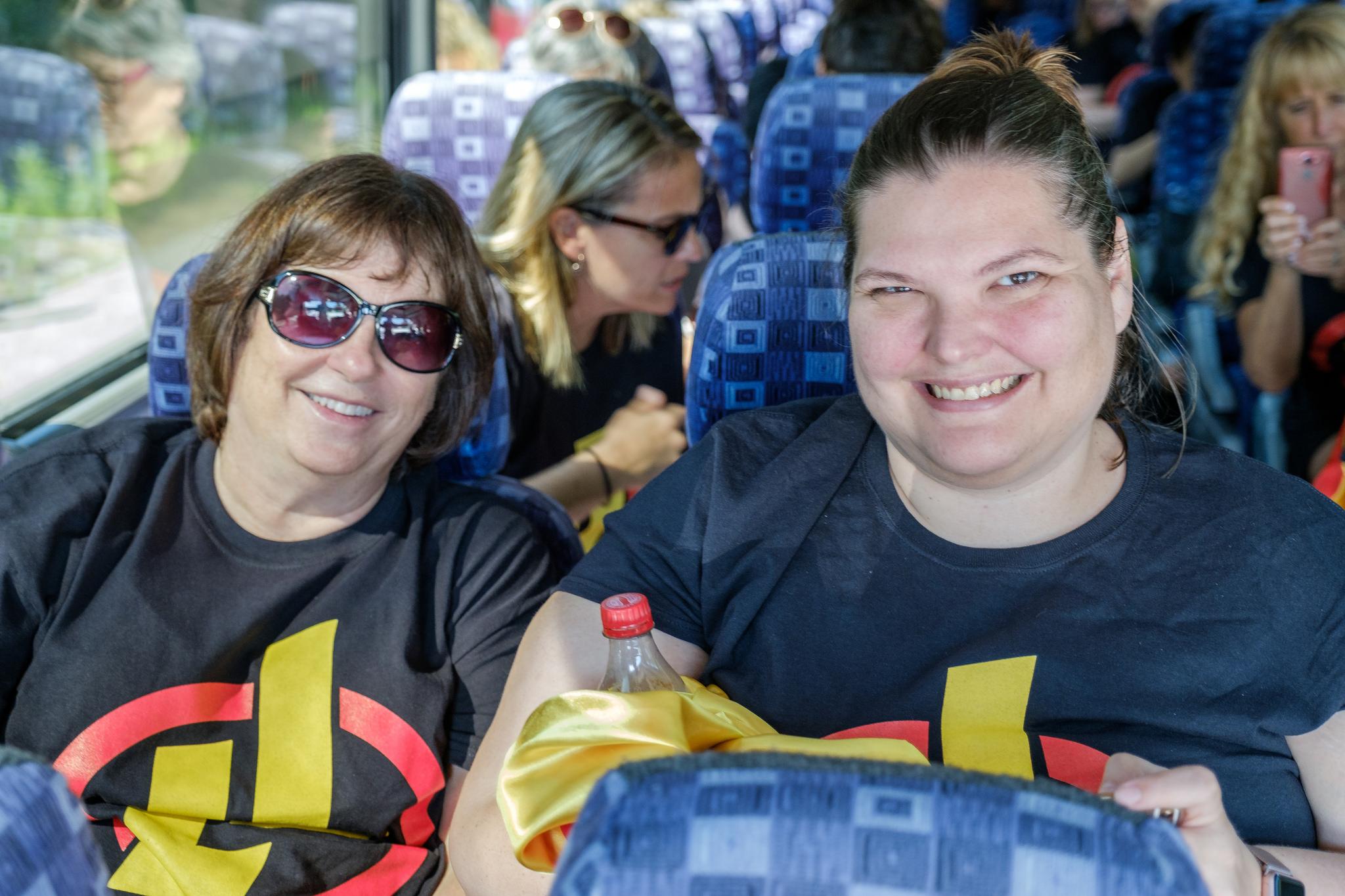
Enhancements to Legends of Learning’s platform are based on actual teacher usage and feedback. Teachers offer feedback through the Legends of Learning Ambassador community (sign up here) and directly through the product. Teachers have responded well to the new updates.
“I was so pleased when I found Legends of Learning,” said Bailey Johnson-Hastings, science teacher at Hastings Middle School (NE). “My students love using it in the classroom to reinforce the concepts I am teaching. I appreciate how receptive and responsive Legends of Learning has always been with any feedback I have submitted. They are truly committed to creating a student-and-teacher–oriented gaming platform. It is so great to see Legends of Learning engaging with the educator community in this way.”
“I applaud Legends of Learning for their openness and interest in hearing from teachers,” said Bonnie Hohenshilt, science teacher at Dwight D. Eisenhower Middle School (NJ). “The new features reflect things I was thinking would be great to have: the ability to begin your session where you last left off, a searchable playlist and the teacher’s top 10 list are great!”
Here is a list of some of the latest features:
Teacher Accounts
- Ability to add student rosters in the platform
- Enhanced playlist history, including ability to easily relaunch playlists and see student performance history and content mastery by concept
- Real-time student data on assessments using “Question Data” button on the playlist tab
- Multiple sessions per learning objective
- Content skipping: Move individual students to the next game or assessment if they are struggling
- Streamlined playlist launcher
- Dedicated teacher code: Codes are assigned to teacher instead of randomly generated
- New games and assessment questions
- Improved games with changes ranging from minor to major based on teacher feedback
- Live playlist shortcut: Switch quickly between active sessions
School and District Accounts
- Unlimited usage
- Scheduling feature: Ability to schedule playlists to launch in advance, which can be used for homework, weekend work and substitute teachers
- Curriculum alignment to Georgia (GSE) and Texas (TEKS) standards
- Rostering
- SIS integration
- School and district dashboards for administrators to view usage, performance and teacher and student analytics in real time
Try the Games
In addition to the new features, several bugs reported by teachers have been fixed. Further, minor technical improvements, features requested by our teacher users and usability improvements have been made.
This blog post is based off a press release issued this morning.
